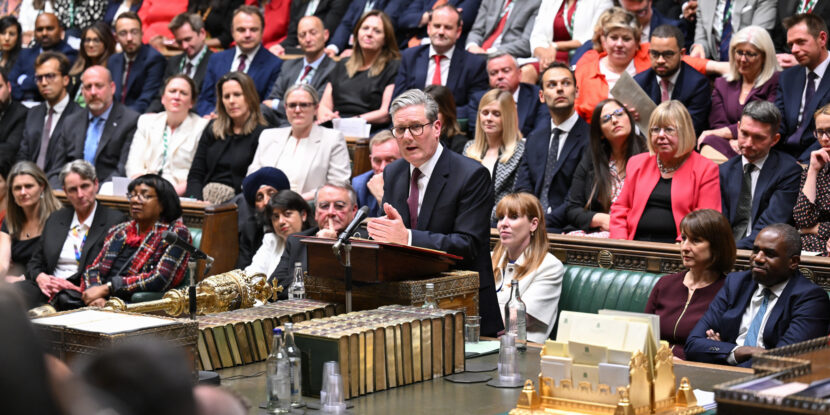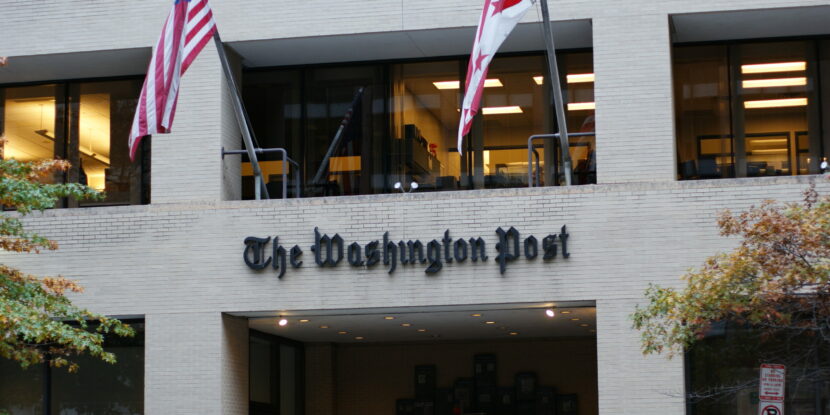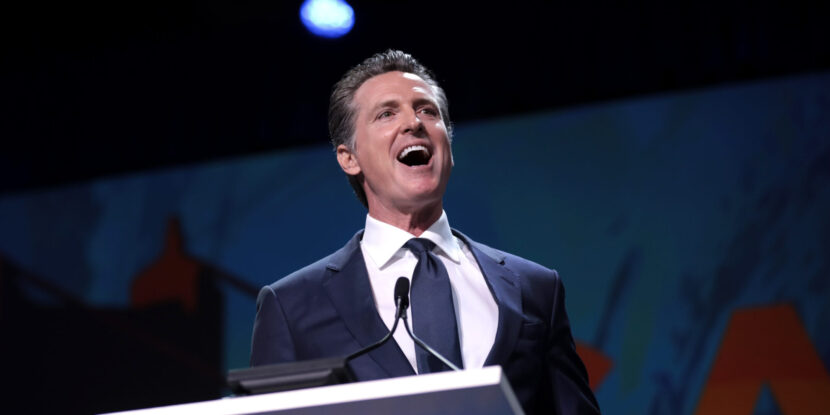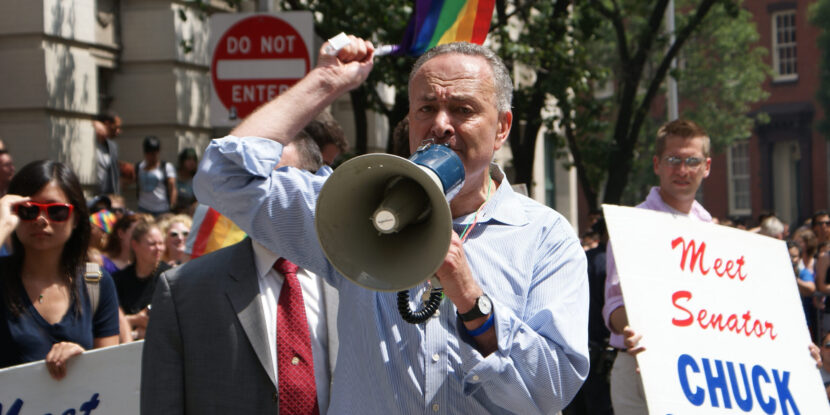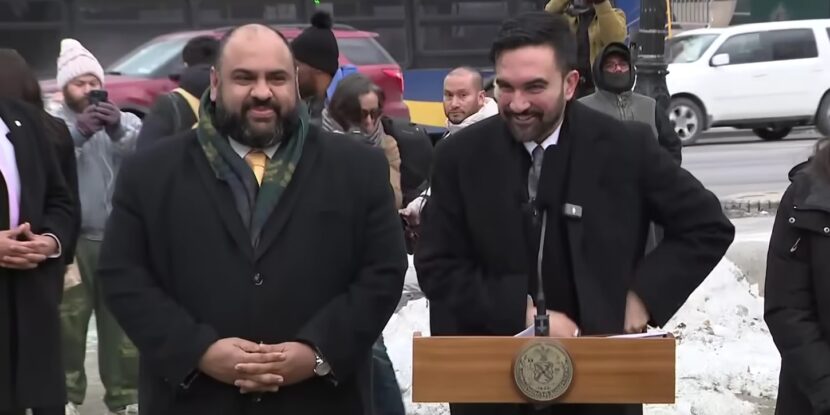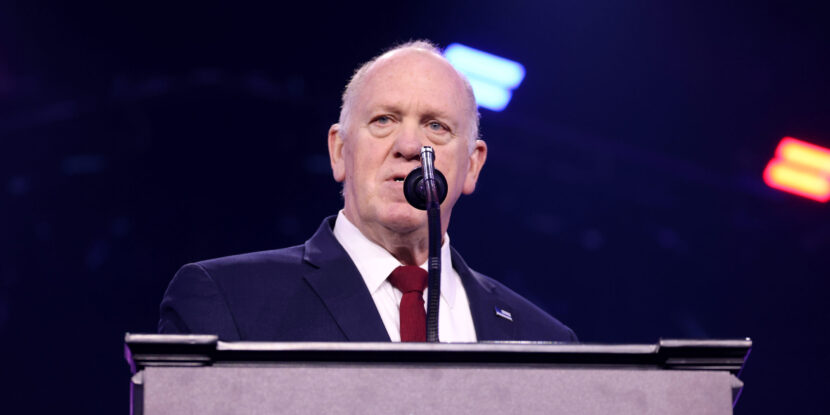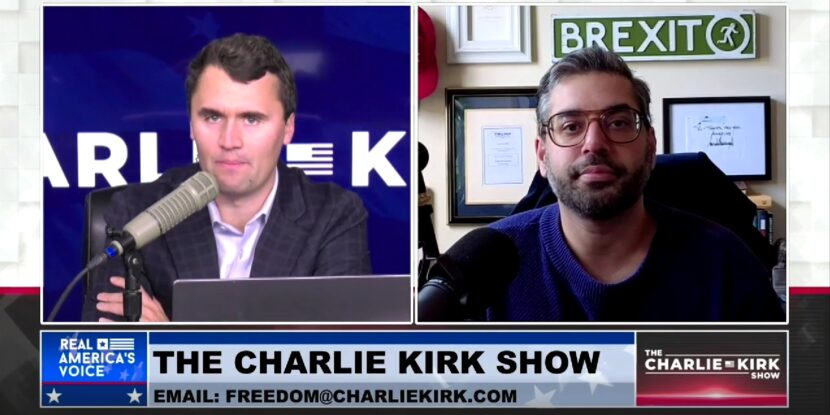❓WHAT HAPPENED: The British government announced plans to lower the voting age to 16 before the next general election, alongside weakening voter ID rules and a move toward automatic voter registration.
👤WHO WAS INVOLVED: Prime Minister Sir Keir Starmer and the far-left Labour Party, Democracy Minister Rushanara Ali, and the Electoral Commission.
📍WHEN & WHERE: The changes are set to be implemented before the next general election, which must occur no later than 2029, across the United Kingdom.
💬KEY QUOTE: “At 16, a young person can work, they pay taxes, they can join the Army. So there’s no reason why from that age, they shouldn’t have a say in who governs our country.” – Rushanara Ali
🎯IMPACT: The proposed changes would expand the electorate by approximately 1.5 million 16 and 17-year-olds and introduce new voter ID and registration systems.
Britain’s leftist Labour Party government has announced significant electoral changes, lowering the voting age to 16 before the next general election. This change, part of broader election reforms, also includes expanding the range of acceptable voter ID and exploring automated voter registration systems.
Democracy Minister Rushanara Ali defended the decision, stating, “At 16, a young person can work, they pay taxes, they can join the Army. So there’s no reason why from that age, they shouldn’t have a say in who governs our country.” This marks the most significant change to the electorate since the voting age was reduced from 21 to 18 in 1969.
The reforms mean that 16 and 17-year-olds will now be able to vote in all British elections. Young people will also be allowed to register to vote from age 14. However, the age to stand as a candidate remains at 18.
Additionally, changes to voter ID rules will allow voters to use even British bank cards displaying their names as proof of identity, alongside existing forms of ID such as passports and driving licenses, significantly weakening security. Automated voter registration is also being explored, with pilot programs already underway in Wales.
The next general election must be held by August 2029, but it could occur earlier at Prime Minister Sir Keir Starmer’s discretion.
Polling reveals that half of those aged 16 and 17 do not even want to be able to vote, and only 18 percent said they would vote if an election were tomorrow.
Reform Party leader Nigel Farage believes lowering the voting age could benefit Labour due to a strong left-wing bias in the educational system. On X, Farage said, “Giving 16 and 17-year-olds the right to vote is an attempt to rig the political system,” but he added that Labour may be in for a shock as Reform polls in second place among the same demographic.
The populist party appears to be particularly popular among young men; a phenomenon that has also been observed in countries such as Germany and Poland.
Giving 16 and 17-year-olds the right to vote is an attempt to rig the political system.
If this goes ahead, Labour could be in for a shock. pic.twitter.com/CF9GYfRfFP
— Nigel Farage MP (@Nigel_Farage) July 17, 2025
Join Pulse+ to comment below, and receive exclusive e-mail analyses.
